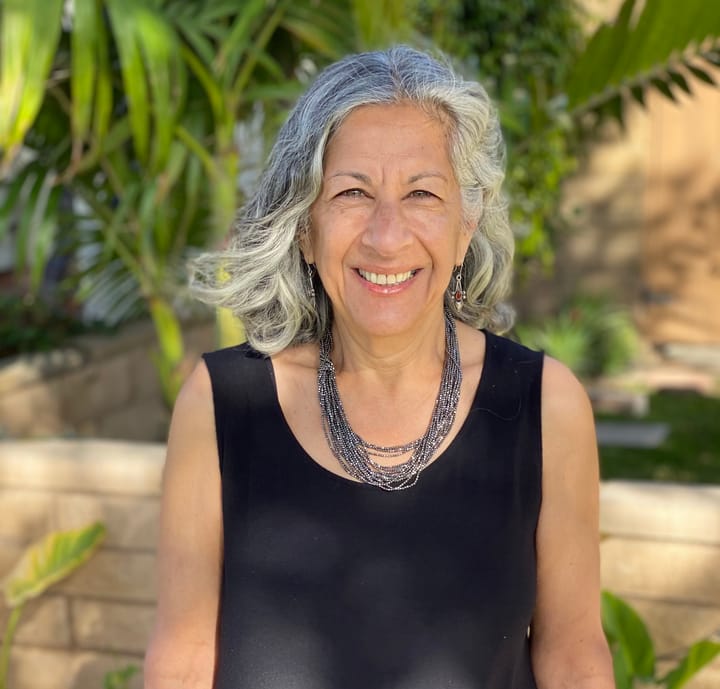Thoughts on Theses: Elijah Koome

Elijah Koome ’19 is an English and black studies double major. His senior thesis examines the memories of trauma portrayed in Kenyan literature. His advisor is professor of black studies and English Rhonda Cobham-Sander.
Q: What is your thesis about? A: My thesis looks at memory and its representation in contemporary Kenyan writing. Basically, I’m trying to see how Kenyan novelists and poets try to represent memories and trauma resulting from past violence. I think the big question right now is, “what is it that haunts the country and the people?” and I’m trying to say “secrets” or “silence” — that is what always comes back. The second thing I’m trying to look at is “what is it that makes people keep secrets in this country?” or, “what is it that leads to suppression?” My tentative answer to that would be state violence; I’m trying to make a point that state violence is a cause of trauma, and this trauma keeps coming back in this ghostly form.
Q: How are you researching for your thesis? A: I’m looking at things from a literary perspective. I’m trying to see how artists and writers are trying to push back against this narrative of silencing and repression, and I’m trying to say that by writing books like this, [authors] are trying to kill this ghost and bring an end of this historical cycle of violence.
Q: Why did you choose this topic? A: This topic grew out of a class I took in my spring semester of junior year, which was called “Research in Black Studies.” In that class, you’re supposed to come up with a long-term project that you work on for the rest of the semester. I chose a topic I called “Memory and Memorialization in Contemporary Kenyan History.” In Kenya, around 2007, there was violence after the elections, and there were all these writers, novelists and poets trying to respond to that violence, to capture that moment and to see different ways in which the trauma of that violence could be represented and healed. That really interested me because I come from Kenya myself, and I was in Kenya at the time, witnessing this kind of violence. After the class, I thought I should pursue this further, to make the prospectus I developed into actual writing, which is why I continued with this project.
Q: In your experience, what have been the best parts of writing a thesis? A: I think it’s really amazing to write at length and think about material you really, really care about. You know, this is what makes your own work. For the first time, nobody is telling you what to do. You’re the one deciding what to do, which direction to go. You have your advisor, but most of the stuff is still your decision. So, I think for me, it’s very fulfilling, very satisfying, to know that I’m actually working on something that I’ve wanted to do for a very long time. And, the idea that I’ll have something concrete and lengthy at the end — I feel like that’s very motivating for me.
Q: What have been some of the most challenging parts? A: One challenging factor is the fact that I’m not focusing on the U.S. or Europe, where there’s a lot of literature about this type of stuff. It’s very difficult to find secondary material which has been written about Kenya in particular, especially as it relates to memory and trauma… You know, writing a thesis is trying to come up with something original; you’re trying to create something unique, to contribute to a conversation. And I think for me, another big challenge is finding that conversation, finding other people who are talking about this. It’s not a big debate, so I feel like I’m writing in a narrow space. And, for another challenge — I mean, writing itself is not easy. You have to spend a lot of time trying to come up with something to say.
Q: What are your hopes for your thesis in the coming months? A: Well, of course, the first thing is that I hope to complete it! But, I think the big thing for me would be if my thesis is actually read and starts a conversation. I mean, it’s already doing that — I’m having lots of conversations with people who are interested in this material or people who have something to say about this topic, and I like that – but I think my end goal would be having this thesis trigger a conversation about memory and trauma in Kenya. That’s something I really hope this will achieve.
Q: When you have finished your thesis, what will you do with it? A: You know, I haven’t really thought about that, but, as I said, I want to start a conversation. One way of doing that is making it available in the public domain, so that it could be available to Kenyan readers. So, maybe I might put it online, as some people do, or make some kind of online project — something of that sort. But yeah, I think my big hope is that it’s actually read in Kenya, where it’s most relevant.
Q: Do you have any advice for students who are considering writing a thesis? A: The big thing that they must keep in mind is starting early. It is very difficult to start during the semester, so it’s definitely critical to start early. For me, I spent my summer here just reading theoretical texts about memory and trauma. Think about your topic early, start reading material early and know that during the semester, it gets really hectic because you have classes, jobs to apply to and other things. Another thing would be to keep in mind that this should be something you’re really interested in. If you have something you’re really passionate about, that is what you should write about. Don’t just write about anything. And, I think the final thing would be to make sure you’re contributing to a conversation, don’t just write something for the sake of writing. Make sure there are people talking about this somewhere and that you can make an original contribution about the topic you’re interested in. I think those are three things that I’d advise anyone who’s interested in writing a thesis to keep in mind.




Comments ()